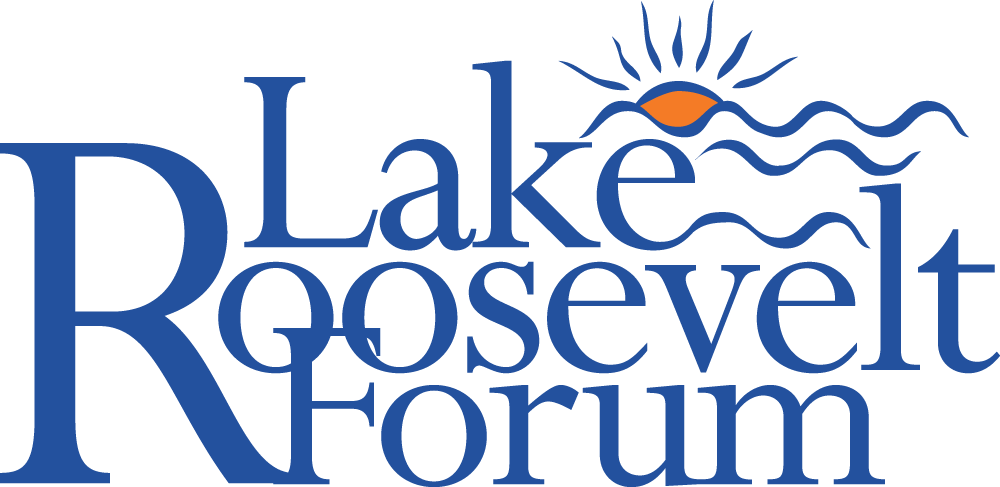Two Lake Roosevelt Forum Conference sessions will address the common question “so where are we with reintroduction of salmon into the Upper Columbia?” The answer, in simple terms, is that the phased, science-based approach called for in the Northwest Power and Conservation Council’s 2014 Fish and Wildlife Program is well underway. At the same time, Canadian natural resource managers and researchers are engaged in similar efforts.
Presentations will explain two important story lines. First, literature searches and studies are being undertaken to investigate the habitat potential, donor stocks, and reintroduction risks. A life cycle model is under development that will inform probabilities and opportunities for success.
Said Stephen Smith, salmon reintroduction consultant to area tribes, “These efforts address the key issues you need to consider before initiating pilot reintroductions. Anyone can plant a fish, we’re interested in long term survival and sustainability.”
Some of the investigations like life cycle modeling are just being completed. The conference is an opportunity to learn what’s being discovered, time lines for completion, discussions regarding how the work will be stitched together, and prospects for the future.
Second, participants will see how the Spokane Tribe of Indians, Colville Confederated Tribes, Upper Columbia United Tribes and the Canadian Columbia River Intertribal Fisheries Commission are leveraging funding sources and distributing efforts across organizations. Said Dr. Brent Nichols, fisheries manager for the Spokane Tribe, “We’re in this for the long haul, understanding our joint and mutual efforts are continuously needed.”
Said Andy Dunau, the Forum’s Executive Director, “It’s an exciting time. Climate change, system operations, the biologic opinion and the treaty are coming down the conveyor belt. Reintroduction is a challenging question by itself. How it fits with these and other variables is something people will be puzzling over for the foreseeable future. My two cents is to get engaged early and often if you want a voice in what the Upper Columbia looks like down the road.”

